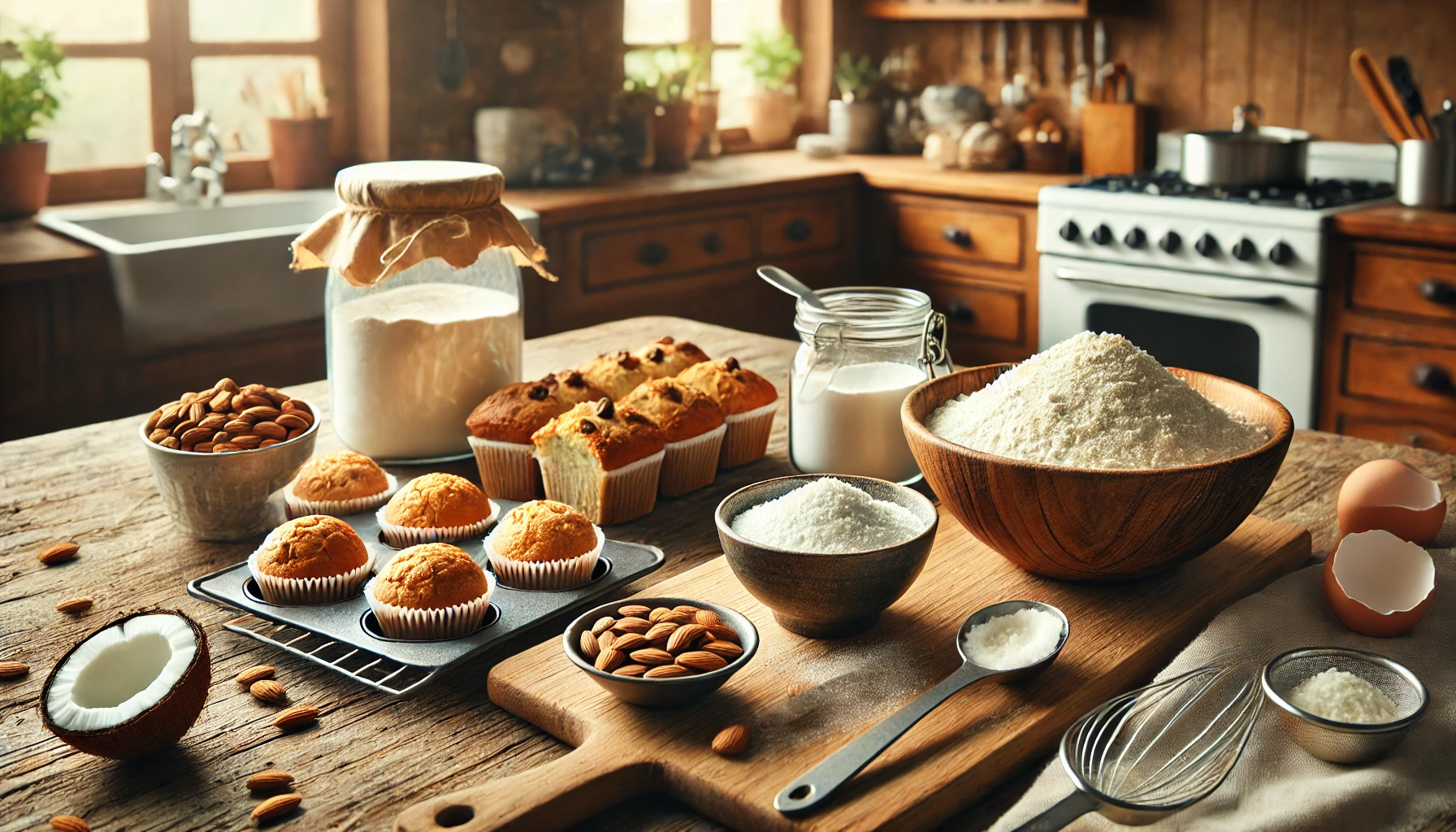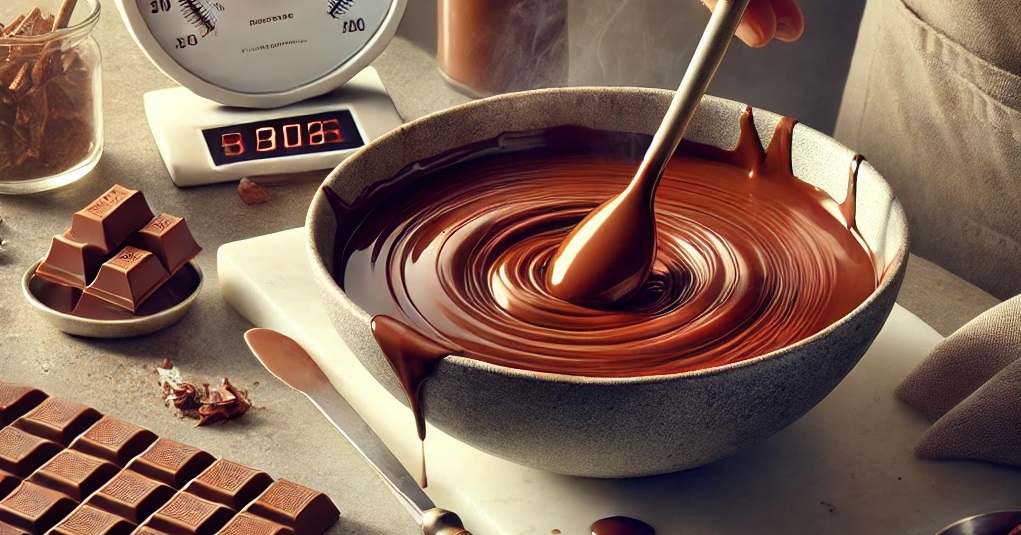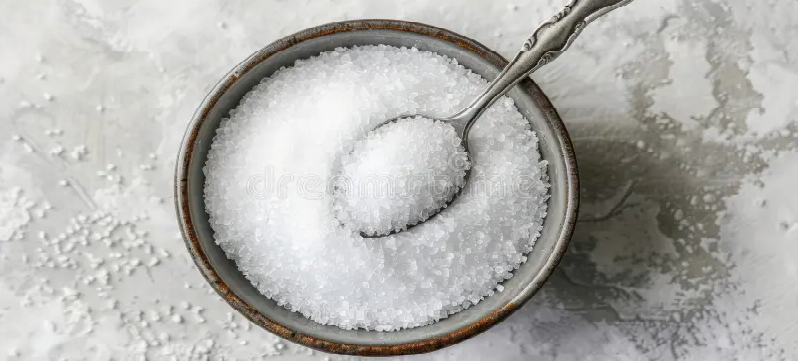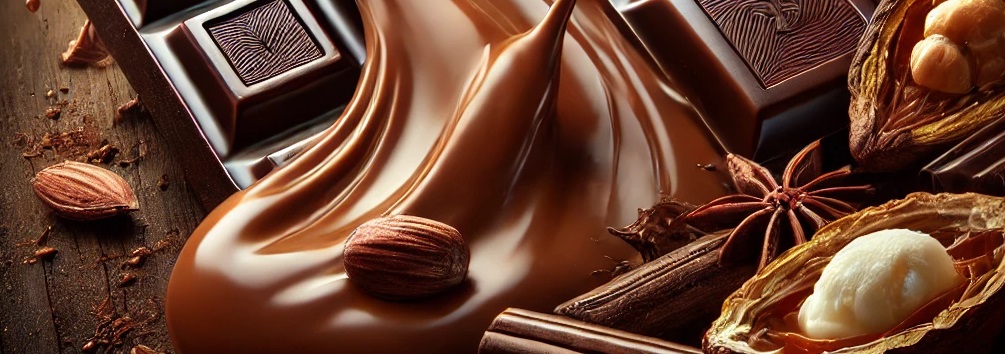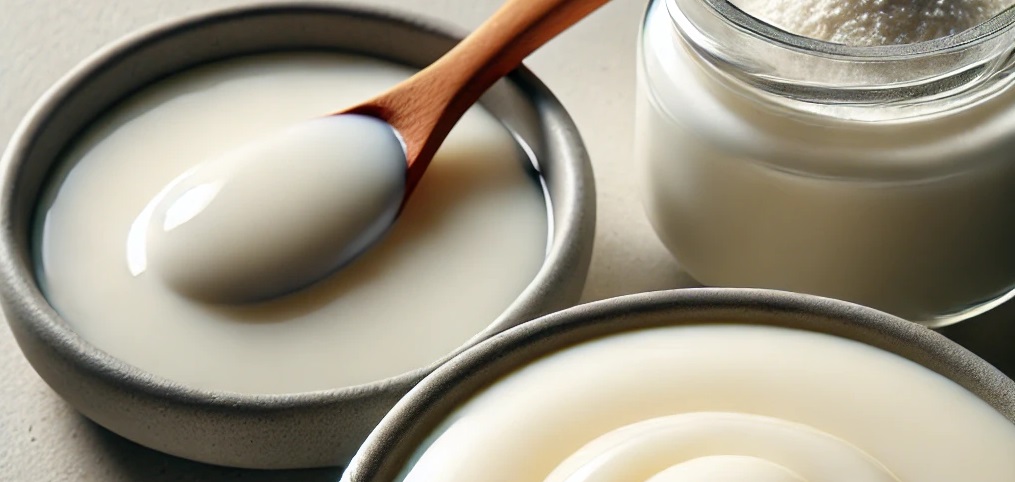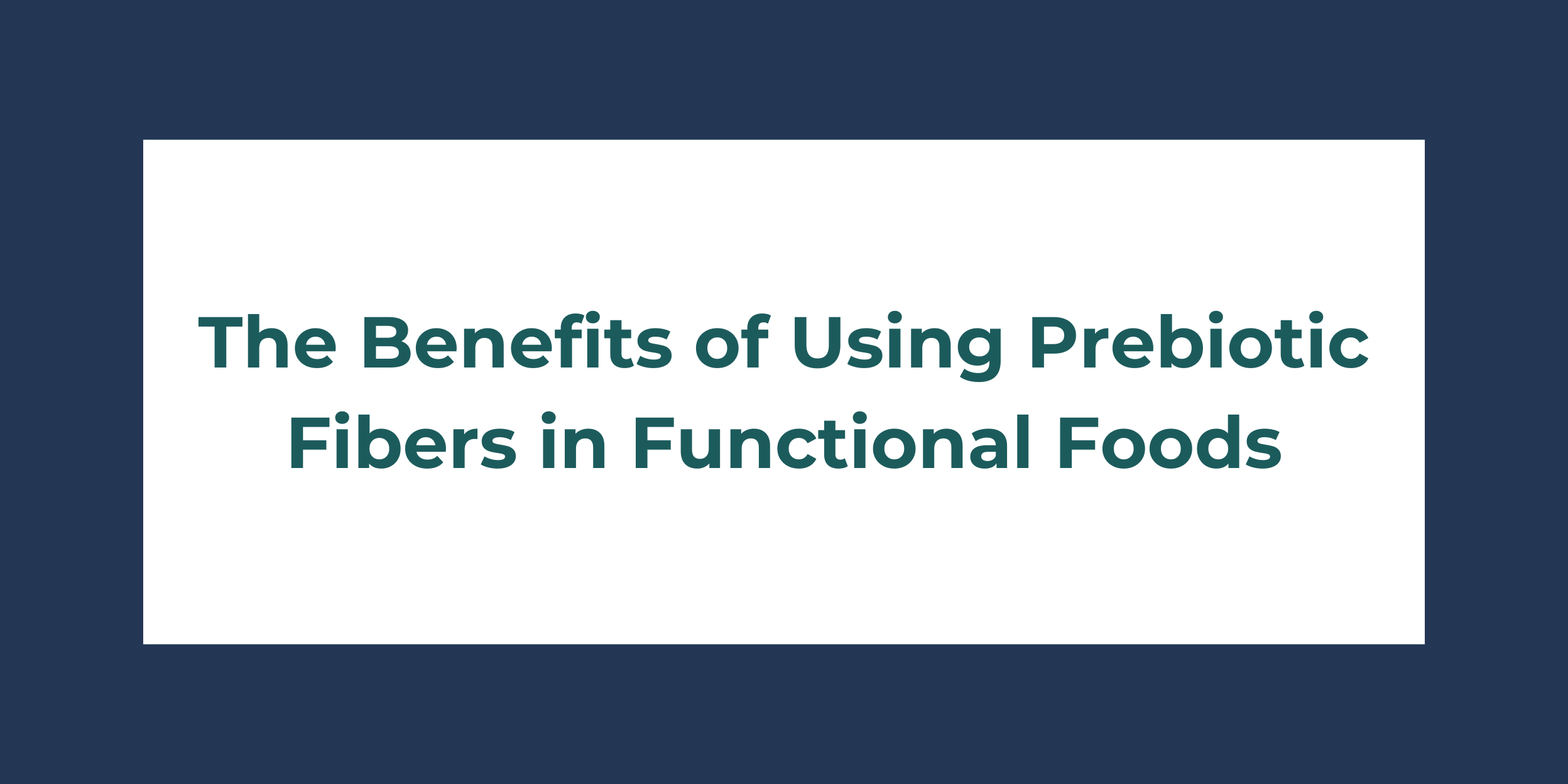1. What are stevia pure extracts?
Stevia pure extracts are natural sweeteners derived from the Stevia rebaudiana plant, containing high concentrations of steviol glycosides, primarily rebaudioside A (Reb A) and stevioside.
These extracts are significantly sweeter than sucrose but have no calories.
Stevia pure extracts are used in various food and beverage products to reduce sugar content while maintaining sweetness.
2. How are stevia pure extracts produced?
Pure Stevia extracts are produced by harvesting stevia leaves, drying them, and using water or ethanol to extract the sweet compounds.
The extract is then filtered and purified through multiple stages, including crystallization, to achieve high purity levels of steviol glycosides, often exceeding 95%.
3. What are the main components of stevia pure extracts?
The main components of Pure stevia extracts are steviol glycosides, particularly rebaudioside A (Reb A) and stevioside.
Other glycosides such as rebaudioside C, D, E, and M, as well as dulcoside A, may also be present in smaller amounts, contributing to the overall sweetness profile.
4. How do stevia pure extracts compare to artificial sweeteners?
Pure Stevia extracts are natural and derived from a plant source, whereas artificial sweeteners like aspartame and sucralose are synthetically produced.
Stevia extracts provide a natural sweet taste without calories and are often perceived as healthier alternatives due to their natural origin and minimal processing.
5. What is the sweetness intensity of stevia pure extracts?
Pure Stevia extracts are about 200-300 times sweeter than sucrose.
The high sweetness intensity allows for significant reductions in sugar content in food and beverage formulations while maintaining the desired sweetness level.
6. What are the health benefits of stevia pure extracts?
Pure Stevia extracts offer several health benefits, including zero calories, a low glycemic index, and potential benefits for blood sugar control and weight management.
They are also non-cariogenic, meaning they do not contribute to tooth decay.
7. Are there any regulatory approvals for stevia pure extracts?
Yes, Pure stevia extracts have been approved by major regulatory bodies, including the FDA in the United States and the EFSA in the European Union.
These approvals are based on extensive safety evaluations demonstrating that stevia extracts are safe for consumption.
8. How do stevia pure extracts affect blood sugar levels?
Pure Stevia extracts do not raise blood sugar levels, making them suitable for individuals with diabetes or those managing their blood sugar levels.
Studies have shown that stevia does not significantly impact insulin or glucose responses.
9. What are the sensory characteristics of stevia pure extracts?
Pure Stevia extracts have a clean, sweet taste, but they can sometimes exhibit a slight bitter or licorice-like aftertaste, depending on the purity and formulation.
High-purity extracts like Reb A tend to have a more pleasant taste with minimal aftertaste.
10. How stable are stevia pure extracts under different processing conditions?
Pure Stevia extracts are generally stable under a wide range of processing conditions, including heat, pH variations, and light exposure.
This stability makes them suitable for use in baked goods, beverages, and other processed foods.
11. Can stevia pure extracts be used in baking?
Yes, Pure stevia extracts can be used in baking, although adjustments may be needed to compensate for the lack of bulk that sugar provides.
They are heat-stable, making them suitable for various baked goods like cakes, cookies, and bread.
12. How do stevia pure extracts interact with other sweeteners?
Pure Stevia extracts can be used in combination with other sweeteners to create synergistic effects, enhancing overall sweetness and masking any potential aftertaste.
Common combinations include stevia with erythritol, monk fruit, or sugar alcohols.
13. What are the typical applications of stevia pure extracts in the food industry?
Pure Stevia extracts are used in a wide range of applications, including beverages (soft drinks, teas, and flavored waters), dairy products (yogurts, ice creams), confectionery (candies, chocolates), and baked goods (cookies, cakes).
14. How do stevia pure extracts impact the texture of food products?
Pure Stevia extracts do not provide bulk or structure like sugar, which can affect the texture of food products.
Formulations often require the addition of bulking agents or other ingredients to maintain desired textures.
15. What is the recommended usage level of stevia pure extracts in formulations?
The recommended usage level varies depending on the application but typically ranges from 0.01% to 0.4% of the total formulation.
Due to their high sweetness intensity, only small amounts are needed to achieve the desired sweetness.
16. Can stevia pure extracts cause digestive issues?
Stevia pure extracts are generally well-tolerated and do not typically cause digestive issues.
Unlike some sugar alcohols, they do not ferment in the gut, which reduces the risk of gas or bloating.
17. Are there any allergenic concerns with stevia pure extracts?
Pure Stevia extracts are not known to be allergenic, and there have been no reports of allergic reactions.
They are considered safe for consumption by individuals with common food allergies.
18. How do stevia pure extracts impact the shelf life of food products?
Pure Stevia extracts are stable and do not significantly impact the shelf life of food products.
They do not contribute to microbial growth, making them suitable for long-term storage.
19. Can stevia pure extracts be used in beverages?
Yes, Pure stevia extracts are widely used in beverages, including carbonated drinks, juices, teas, and energy drinks.
They provide a natural, zero-calorie sweetness and are stable in liquid formulations.
20. How do stevia pure extracts affect the flavor profile of products?
Pure Stevia extracts provide a clean, sweet taste but can sometimes impart a slight aftertaste.
Blending with other sweeteners or flavor-masking agents can help create a balanced flavor profile.
21. Are there any environmental benefits of using stevia pure extracts?
Stevia plants require less land, water, and agricultural inputs compared to sugarcane and sugar beets.
This makes stevia a more sustainable choice for sweetener production, with a lower environmental impact.
22. How do stevia pure extracts compare to sugar in terms of calorie content?
Pure Stevia extracts contain zero calories, while sugar provides about 4 calories per gram.
This significant calorie reduction makes stevia an attractive option for reducing overall calorie intake in food and beverages.
23. What is the glycemic index of stevia pure extracts?
Pure Stevia extracts have a glycemic index of zero, meaning they do not raise blood sugar levels.
This makes them suitable for people with diabetes or those following a low-glycemic diet.
24. Can stevia pure extracts be used in dairy products?
Yes, Pure stevia extracts are used in dairy products such as yogurt, flavored milk, and ice cream.
They provide sweetness without adding calories, helping to create healthier dairy alternatives.
25. How do stevia pure extracts impact the microbiome?
Pure Stevia extracts do not ferment in the gut and do not impact the microbiome negatively.
Some studies suggest they may even have a beneficial effect by supporting a healthy balance of gut bacteria.
26. What are the sensory differences between various steviol glycosides?
Different steviol glycosides, such as Reb A, Reb D, and Reb M, have varying sweetness profiles and aftertastes.
Reb A is the most commonly used due to its high sweetness and minimal aftertaste, while Reb D and Reb M are noted for their cleaner taste profiles.
27. How do stevia pure extracts impact the freezing and thawing stability of products?
Pure Stevia extracts are stable during freezing and thawing processes.
They do not crystallize or degrade, making them suitable for frozen desserts and other products that undergo freeze-thaw cycles.
28. Can stevia pure extracts be used in savory products?
Yes, Pure stevia extracts can be used in savory products to enhance flavor and reduce sugar content.
They are suitable for sauces, dressings, and marinades, where a touch of sweetness is desired.
29. What are the safety considerations for using stevia pure extracts?
Pure Stevia extracts are considered safe by major health authorities, including the FDA and EFSA.
Extensive studies have shown no adverse effects from long-term consumption at recommended levels.
30. How do stevia pure extracts compare to monk fruit sweeteners?
Both stevia and monk fruit are natural, zero-calorie sweeteners.
Stevia is generally sweeter and has a more pronounced aftertaste, while monk fruit offers a milder sweetness with minimal aftertaste.
The choice between them depends on the desired taste profile and application.
31. Can stevia pure extracts be used in confections?
Yes, stevia pure extracts can be used in confections such as candies, chocolates, and chewing gum. They provide sweetness without calories and are stable under typical confectionery processing conditions.
32. What are the best practices for formulating with stevia pure extracts?
Best practices include starting with a small amount due to the high sweetness intensity, blending with other sweeteners to balance flavor, and incorporating bulking agents if needed.
It’s also important to conduct sensory testing to achieve the desired taste and texture.
33. How do stevia pure extracts impact the color of food products?
Pure Stevia extracts are colorless and do not impact the color of food products.
They can be used in clear beverages and light-colored foods without altering their appearance.
34. What are the potential interactions between stevia pure extracts and other ingredients?
Pure Stevia extracts can interact with acidic ingredients, leading to potential changes in sweetness perception.
They may also interact with proteins and starches, which can affect texture and stability in certain formulations.
35. Are there any known side effects of consuming stevia pure extracts?
Pure Stevia extracts are generally safe and well-tolerated.
Some individuals may experience mild gastrointestinal symptoms, such as bloating or nausea, if consumed in excessive amounts.
But these effects are rare.
36. How do stevia pure extracts affect the mouthfeel of products?
Pure Stevia extracts do not provide the same mouthfeel as sugar, as they lack bulk and viscosity.
This can be compensated by using bulking agents or texturizers to achieve the desired mouthfeel in food and beverage products.
37. Can stevia pure extracts be used in fermented products?
Yes, Pure stevia extracts can be used in fermented products like kombucha, yogurt, and sauerkraut.
They do not interfere with the fermentation process and provide sweetness without adding calories.
38. What are the consumer perceptions of stevia pure extracts?
Consumers generally perceive Pure stevia extracts as a healthy, natural alternative to sugar and artificial sweeteners.
However, taste preferences vary, and some consumers may be sensitive to the aftertaste of certain steviol glycosides.
39. How do stevia pure extracts compare to other natural sweeteners like agave and honey?
Pure Stevia extracts are zero-calorie, unlike agave and honey, which contain calories and sugar.
Stevia is significantly sweeter, so only small amounts are needed.
Agave and honey offer additional flavors and nutritional benefits but also contribute to caloric intake.
40. What is the shelf life of stevia pure extracts?
Pure Stevia extracts have a long shelf life, typically ranging from two to three years when stored properly.
They should be kept in a cool, dry place away from light and moisture to maintain their stability and sweetness.
41. Can stevia pure extracts be used in sports nutrition products?
Yes, Pure stevia extracts are commonly used in sports nutrition products like protein powders, energy bars, and electrolyte drinks.
They provide sweetness without adding calories, aligning with the dietary goals of athletes and fitness enthusiasts.
42. How do stevia pure extracts impact the viscosity of liquid products?
Pure Stevia extracts do not significantly impact the viscosity of liquid products.
To maintain or adjust viscosity, formulators may need to add thickeners or stabilizers, depending on the specific application.
43. Are there any specific storage conditions required for stevia pure extracts?
Pure Stevia extracts should be stored in a cool, dry place, away from direct sunlight and moisture.
Proper storage ensures that they remain stable and retain their sweetness over time.
44. Can stevia pure extracts be used in pet foods?
Yes, Pure stevia extracts can be used in pet foods as a natural sweetener.
They are safe for pets in small amounts and can enhance the palatability of pet treats and supplements.
45. How do stevia pure extracts impact the hydration of proteins in formulations?
Pure Stevia extracts do not directly impact the hydration of proteins but can influence the overall texture and mouthfeel of protein-enriched products.
Formulators may need to adjust other ingredients to achieve the desired consistency.
46. What are the benefits of using stevia pure extracts in low-calorie products?
Pure Stevia extracts enable the creation of low-calorie products without sacrificing sweetness.
They help reduce overall calorie content, support weight management, and cater to consumers seeking healthier alternatives to sugar-laden foods and beverages.
47. Can stevia pure extracts be used in baby foods?
Yes, Pure stevia extracts can be used in baby foods to provide natural sweetness without adding sugar or calories.
They are safe for infants and toddlers, but formulations should be carefully balanced to ensure appropriate taste and texture.
48. How do stevia pure extracts affect the rheological properties of food products?
Pure Stevia extracts do not significantly affect rheological properties like viscosity and gelation.
However, their use may require the addition of texturizers or stabilizers to achieve the desired consistency in certain formulations.
49. What are the challenges of formulating with stevia pure extracts?
Challenges include managing the aftertaste, achieving the right sweetness balance, and compensating for the lack of bulk and texture provided by sugar.
Blending with other sweeteners and using flavor-masking agents can help address these issues.
50. What are the future trends for stevia pure extracts in the food industry?
Future trends include the development of new steviol glycosides with improved taste profiles, increased use in plant-based and low-calorie products, and continued innovation in blending stevia with other natural sweeteners to enhance overall sweetness and flavor.


